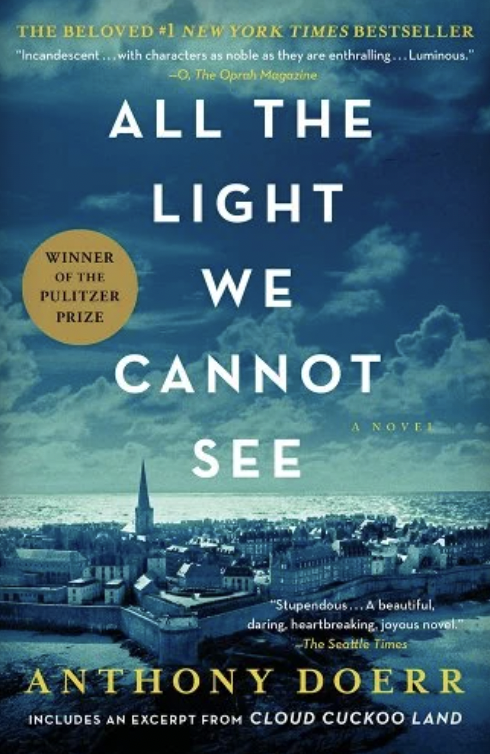Summer 2022 Fiction Reads
Generally, I have a deep love for a good novel; and summer is when I carve out a lot of space to indulge in reading as many stories as I want.
Here’s a short summary of what I read this summer in 2022. You can see my full list for recommended fiction here.
All the Light We Cannot See by Anthony Doerr
I read this book while I was at the beach this summer, and before I was even 50 pages in my sister-in-law walked by and was like… “I’m so happy for you. I love that book.” And, this sweeping and cinematic book also won a Pulitzer prize. The chapters are short and take us behind-the-scenes and through the eyes of many different characters and the details that make up their worlds. Doerr gives us a very multi-dimensional take on this time and the events which is the years lead up to and through World War II, and really centralizing on the occupation of France though some of the story also takes place in Germany.
And, as someone who has been fortunate enough to not have directly experienced war in their backyard, it was very compelling to empathy and very humanizing to the characters on both sides of the war particularly because the protagonists, a French girl and a German boy, are very young and don’t have a lot of agency in their given situations.
The young girl, Marie-Laure, is blind and loves to read and is good at puzzles. And her characters give us a taste of a world captured by hearing, feeling, counting and guessing and bringing those senses to the forefront. The German boy, Werner, who is good at technology and fixing things is from a poor coal mining town takes us through the curiosity and tough choices made, that no young person should have to make, and a tour through the cruelties of their education, training and propaganda as well as the duality of his affinities and alliances.
We would naturally think that these two are positioned as enemies, but this deeply human story takes us through the cascade of synchronicities and characters that bridge the narratives of these to people. Radio, sound, lights and light waves, puzzles, the sea and a very precious stone. We are moved through and by these details of experience that light up someone’s live. And the story sweeps us back in and out of the cosmic-quantum into the small and mundane in this very elegant and sweeping tale. Not surprisingly, Netflix is making a series out of it. Like I said, it has a very cinematic quality to it, but as always… there are so many sentiments and treasures that only a book can convey.
I heard about Matrix through an interview on Toast .And I was fascinated that the author, Lauren Groff, used this book to intentionally center the experiences of women. The book has gone on since to become a finalist for the National Book Award. With no prominent male figures at all, the story follows the emotions, heroics, visions and desires of Marie and her life. Marie’s life takes her from her young life in the French countryside, to the Crusades, to the court of Elinor of Aquitaine. At seventeen, she is dismissed from the royal court because she is too tall and not pretty therefore can’t be married off. So she is sent to an abbey in England where becomes prioress.
And most of the book takes place here, in this abbey, in England, following the lives, troubles, concerns, prayers and tasks that make up the lives of Marie and all the women who live there. Where does desire go? How she channels her ambition? Her longing for the Queen? We get these faint whisperings of history through the eyes and experiences of this isolated abbey and how Marie manages to build it up to a self-sufficient, powerful and inspired place to be. We follow Marie’s visions from the Virgin Mary that come at key times with grand ideas of how to protect and grow the abbey’s influence, which she follows, and all of the different women who move through in and around their network.
Groff has a very enticing ability to bring us into these seemingly divine moments or insights that interrupt our everyday concerns, and in this way (whether in an abbey or not), we find this novel very much about life. How so much of our life is about these tendings, these prayers, the sheep getting sick, what about water, what about the war and how does that reflect back on how we situate ourselves within some sort of divine perspective that includes what our life means, how much power we have, and how we love what we love.
I encountered this book on the shelf of my local bookstore because I saw the exquisite cover.
The author previously won the Man Booker Prize which is usually my go-to list when I’m not sure what novel to read. And she won that award for a book she’d written previously called Celestial Bodies, which I am definitely going to read next.
The main character girl is from Oman, and the story intersects as she’s coming of age at an English University. We experience her putting the pieces together around the stories of her grandmother, sister, father and others, as she dips her toe into the collisions, confusions and relationships of adult life. As she walks through her own life beyond childhood, Zuhour is increasingly able to grant understanding for others in her life, bittersweet understanding that is mixed with regret, sadness and the seeds of maturity.
We see what is remarkable about each person, these people who might have seemed somewhat invisible to the rest of the world. Zuhour inquires into their desires, their losses, the disappointments that shaped their silence or that filled their cup. These shades of their character that she might have missed as a child but she is now appreciating more fully, as she steps into her own conflicts and desires. Her journey reminds shows her appreciating the full complexity, that is the human-ness of the people around her, just as she grows her capacity to hold her own humanness.
and an honorable mention to…..
The Sea of Tranquility by Emily St. John Mandel
This is a novel about time travel, time, pandemics and how we flex our humanity in those circumstances. I personally love a time travel that interweaves otherwise unrelated and unlikely characters. Cloud Atlas, for instance, was one of my favorite books. Because these narratives are given to us a-linearly, it works very well for my brain which feels very at home in a conception of all-at-once. In this book, you get what you like about sci-fi and time travel without getting bogged down by all of the technicalities of how the machine works or how language has evolved.
The book takes us into some of time travel’s potential ethical complications as we move through 1912 England + now British Columbia, a future colony on the moon, and the farther off future where time travel has its own institute. In what ways would these abilities ask us to deny our humanity? And what is worth preserving about these human stories/timelines which are actual lives? It was an interesting and also a fast read for me, but if you’re burned out by pandemics and don’t want any more pandemic story in your psyche (which I found myself to be)… then this may not be for right now. And even though I was and am… I still found it to be a compelling story about the possibilities of humanity on the edges of worlds, different times, planetary bodies and how we center ourselves on the ends of both the times and the worlds.








We started this season reflecting on the house of the goddess, and now we end where we began — carrying water medicine and the wisdom of Her with us into the summer sun.